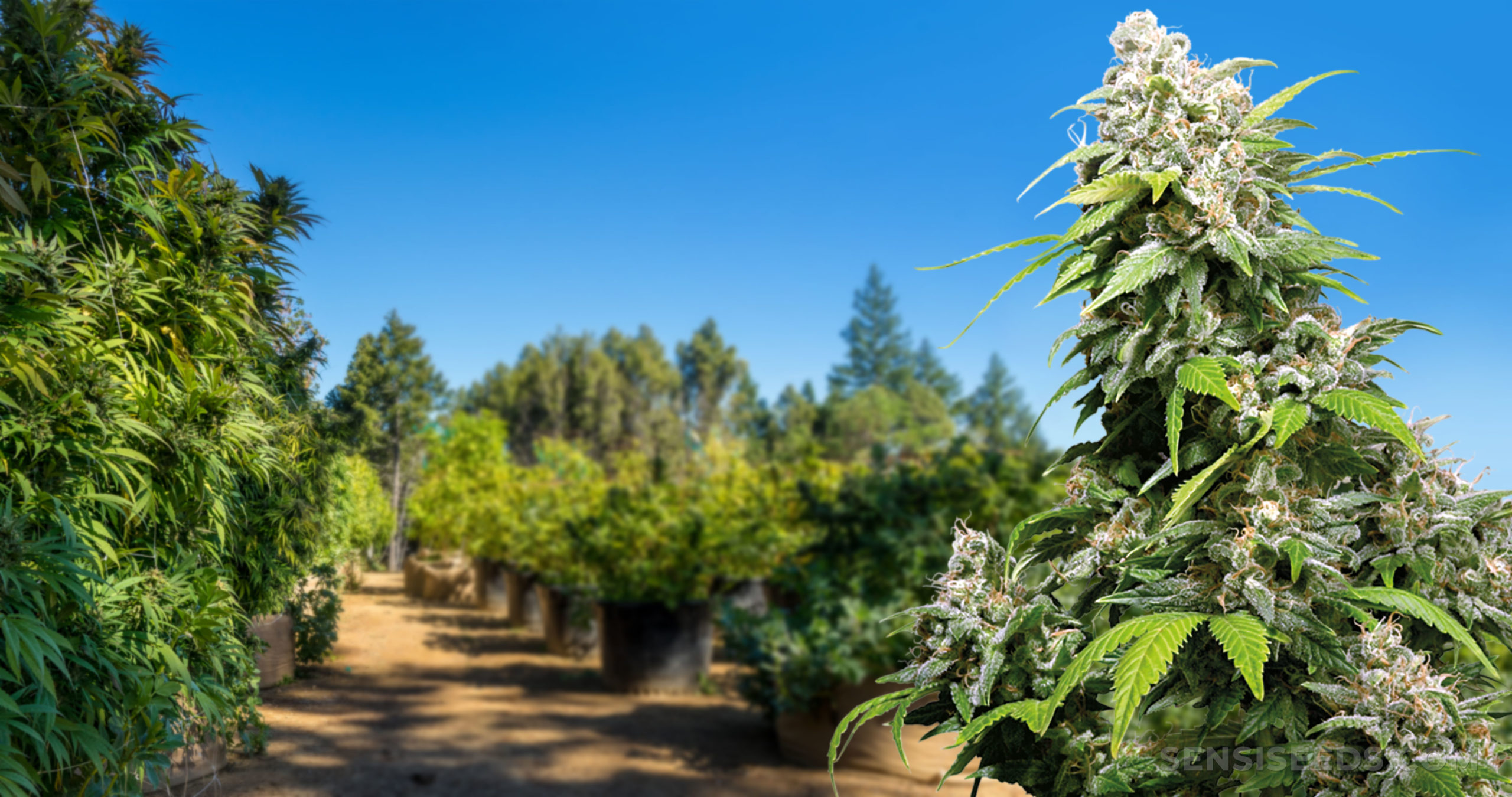In latest decades, the global cannabis marketplace has seasoned exponential advancement, with increasing recognition of the plant’s medicinal and leisure possible. Between the key gamers in this burgeoning sector are cannabis seed producers and distributors. However, navigating the advanced landscape of international restrictions governing hashish seeds can be daunting. In this report, we’ll delve into the intricacies of cannabis seed restrictions, exploring the various variables that affect intercontinental trade in this burgeoning business.
Comprehension Cannabis Seed Restrictions:
Before delving into international trade, it can be critical to have a good grasp of the restrictions governing cannabis seeds at both the countrywide and international levels. Although some nations around the world have legalized hashish for clinical or recreational use, others maintain stringent prohibitions on its cultivation, sale, and possession. These various regulatory frameworks drastically effect the import and export of cannabis seeds.
Legalization Status:
The 1st move in understanding hashish seed laws is to assess the legalization standing of hashish in the nations around the world included in trade. Some nations, these as Canada, Uruguay, and selected states in the United States, have legalized cannabis for both equally professional medical and recreational uses. In distinction, others strictly prohibit its cultivation and use.
Seed Kinds:
Not all cannabis seeds are produced equivalent in the eyes of the law. Distinct jurisdictions could have certain polices relating to the sorts of hashish seeds that can be imported or exported. For instance, although industrial hemp seeds made up of negligible stages of THC (tetrahydrocannabinol) might be subject to less limitations, seeds for substantial-THC hashish strains could experience tighter regulations.
Licensing and Permits:
In many nations, the cultivation and sale of cannabis seeds are tightly regulated, necessitating licenses and permits from federal government authorities. These licenses may specify ailments such as seed origin, genetic lineage, and THC information. Importers and exporters must guarantee compliance with these necessities to keep away from legal repercussions.
Excellent Command and Screening:
Guaranteeing the high-quality and genetic integrity of cannabis seeds is paramount in intercontinental trade. Many nations around the world impose stringent quality regulate actions, together with laboratory tests for genetic purity, THC stages, and the existence of contaminants such as pesticides and pathogens. Compliance with these criteria is vital for seed producers and distributors trying to find to enter worldwide markets.
Intercontinental Trade Considerations:
With an understanding of the regulatory landscape, let us examine the essential factors for worldwide trade in hashish seeds.
Trade Agreements and Treaties:
Intercontinental trade in hashish seeds is influenced by numerous bilateral and multilateral agreements and treaties. For case in point, the United Nations One Convention on Narcotic Medication regulates the output and distribution of hashish and its derivatives on a world wide scale. Additionally, regional trade agreements may perhaps effect the motion of cannabis seeds between member states.
This Site and Export Limits:
Several nations around the world impose import and export restrictions on cannabis seeds to protect against illicit trafficking and assure compliance with domestic legal guidelines. Importers and exporters ought to get hold of the vital permits and documentation from appropriate authorities to aid the lawful transfer of seeds throughout borders.
Customs Clearance and Inspections:
Cross-border shipments of cannabis seeds are topic to customs clearance strategies and inspections to validate compliance with regulatory demands. Importers and exporters will have to correctly declare the contents of their shipments and provide supporting documentation to expedite the clearance process.
Transportation and Packaging:
The transportation of cannabis seeds calls for cautious thing to consider of packaging, labeling, and storage ailments to retain seed viability and avoid contamination. Seed shipments have to comply with intercontinental standards for packaging and labeling, such as distinct identification of seed types, origin, and supposed use.
Compliance and Owing Diligence:
To mitigate authorized challenges and be certain regulatory compliance, importers and exporters of cannabis seeds ought to carry out thorough thanks diligence on their buying and selling companions and provide chains. This involves verifying the legitimacy of seed producers, getting vital permits and certifications, and documenting all transactions in accordance with relevant laws.
Summary:
In summary, navigating the regulatory landscape of hashish seed trade necessitates a comprehensive knowing of countrywide and intercontinental restrictions, as well as diligent compliance with authorized prerequisites. By remaining knowledgeable and adhering to greatest procedures in excellent management, licensing, and documentation, seed producers and distributors can successfully navigate the complexities of intercontinental trade and add to the advancement of the world wide hashish field.
By adherence to regulations and greatest techniques, the intercontinental trade of cannabis seeds can prosper, supporting the expansion of authorized hashish markets and fostering innovation in seed genetics and cultivation techniques
